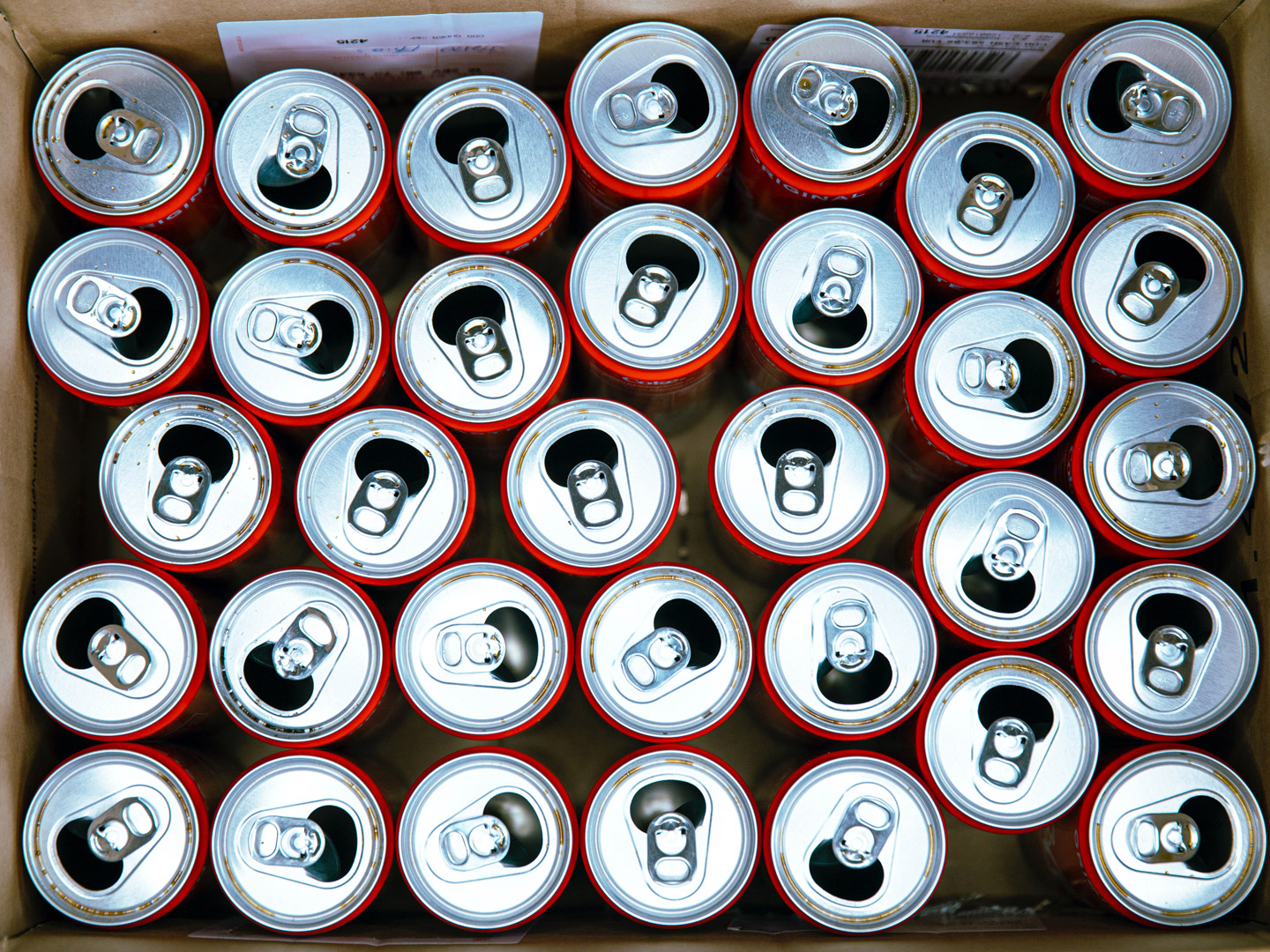
Taxing sodas and sugar-sweetened beverages (SSBs) likely made Oakland residents healthier and saved them money, according to a new study led by researchers from the University of California.
Published on April 18 in PLOS Medicine, the study found that purchases of soda and other sweetened beverages fell by nearly 27 percent between July 2017—when a one-cent-per-ounce tax on sugar-sweetened beverages went into effect—and Dec. 31, 2019. The authors project that the change in consumption habits will lead to declines in six diseases linked to sugary beverages over the next ten years and translate to lower healthcare spending by insurers, employers, individuals, and public insurance plans.
“These latest results suggest SSB taxes can meaningfully improve diet and health and generate substantial cost savings over a sustained period of time, all of which support the case for a national tax on SSBs,” said Dean Schillinger, MD, a professor of medicine at UC San Francisco and the study’s senior author. Additional UC Berkeley co-authors include Sofia Villas-Boas, professor in the Department of Agricultural and Resource Economics (ARE); Kristine Madsen, professor in the School of Public Health; and Scott Kaplan (PhD ’21 ARE), now a professor of economics at the United States Naval Academy.
The researchers compared sugary drink purchases in Oakland to Richmond and Los Angeles, which have no beverage tax. In addition to documenting a sustained decline, the authors did not find evidence to suggest that the tax prompted residents to shop for soda in neighboring cities.
Schillinger said the research team hopes the study’s findings can convince California lawmakers to reconsider a 2018 law prohibiting cities from establishing new soda taxes. “Voters now have evidence that allowing such taxes can yield significant benefits to society, and we hope that legislators at the state and national level act on these findings.”
Read More
- Sugary Drink Tax Improves Health, Lowers Health Care Costs (UC San Francisco)
- Here’s how much soda sales dropped after Oakland imposed a tax on sugary drinks (San Francisco Chronicle)
- Oakland's Soda Tax Cut Local Sales by 27% (US News and World Report)
- UCSF Researchers Study Impact of Oakland Soda Tax (NBC Bay Area)
